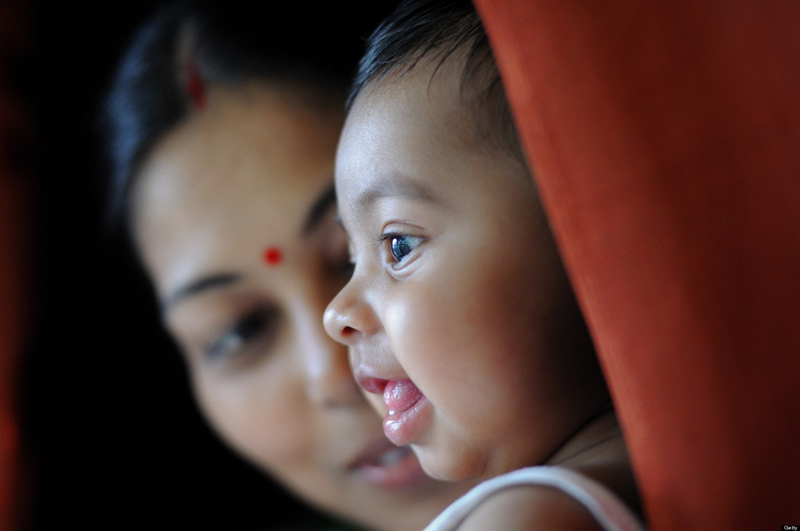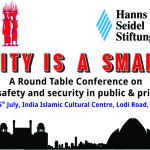When I filled out my first visa application for the Indian State, I was asked many details about my father. There were questions about his present and past occupation and about whether he once served in the military. At the same time, I was only asked for my mother’s name and her nationality. As a girl who grew up living with my mother and my stepfather, I was surprised about this bias. I always considered my mother to be my primary care-taker. Additionally she is the one who legally holds custody of me and who is my legal guardian. Without downplaying the importance of my father in my life, I can rightfully say that my mother is the parent who has been most central to my life.


Yet the Indian State apparatus does not care about this. In nearly all its bureaucratic procedures the father is given the most importance. Until recently unwed mothers could not even be the sole legal guardians of their children without the consent of the respective fathers. In a cultural context where women are in reality nearly almost always the primary care-takers of children, this is actually more than absurd. In fact, Section 6 of the Hindu Minority and Guardianship Act (1956), recognizes the natural guardian of a child as “the father, and after him, the mother“. Only when the minor is born from a married couple, the mother is recognized as a natural guardian. Luckily, the Supreme Court has recently ordered a landmark ruling that this can no longer be the case. Mothers can from now on claim full custody without even informing the father about the child.
“We do feel it expedient to record that the word ‘after’ does not necessarily mean after the death of the father, on the contrary, it depicts an intent so as to ascribe the meaning there to as ‘in the absence of’ – be it temporary or otherwise or total apathy of the father towards the child or even inability of the father by reason of ailment or otherwise,” the Supreme Court ruling said.
Yet of course, as with any other progressive ruling, a significant amount of resistance has immediately emerged. Former Additional Solicitor General Sidharth Luthra had argued for example “that the father has a right to know about he has a child, and a child has the right to experience a father’s love”. Here we need to acknowledge that not all fathers are interested or capable of taking care of their offspring. Equally we have situations where it might be safer for all parties if the father stays out of the picture. A clear such examples are cases in which children are born from rape. In these cases it could potentially be dangerous to both the mother and the child if the father needs to consent for a woman to have full rights over her children.
Despite the Supreme Court judgment, it is expected that most public and private institutions will continue to issue forms that require the father’s signatures. Therefore next to working for equality of men and women legally, we also need to make sure to revolutionize our administrative services. Personally, I am looking forward to the day where my mother’s details will suffice in my visa applications for India. Let’s make it happen!
Looking forward to reading your blogs, you can mail us your entries at WriteWithUs@csrindia.org, or upload them at Write With Us.
Donation for Centre for Social Research to Join our effort in rehabilitating Domestic Violence
Discuss this article on Facebook




